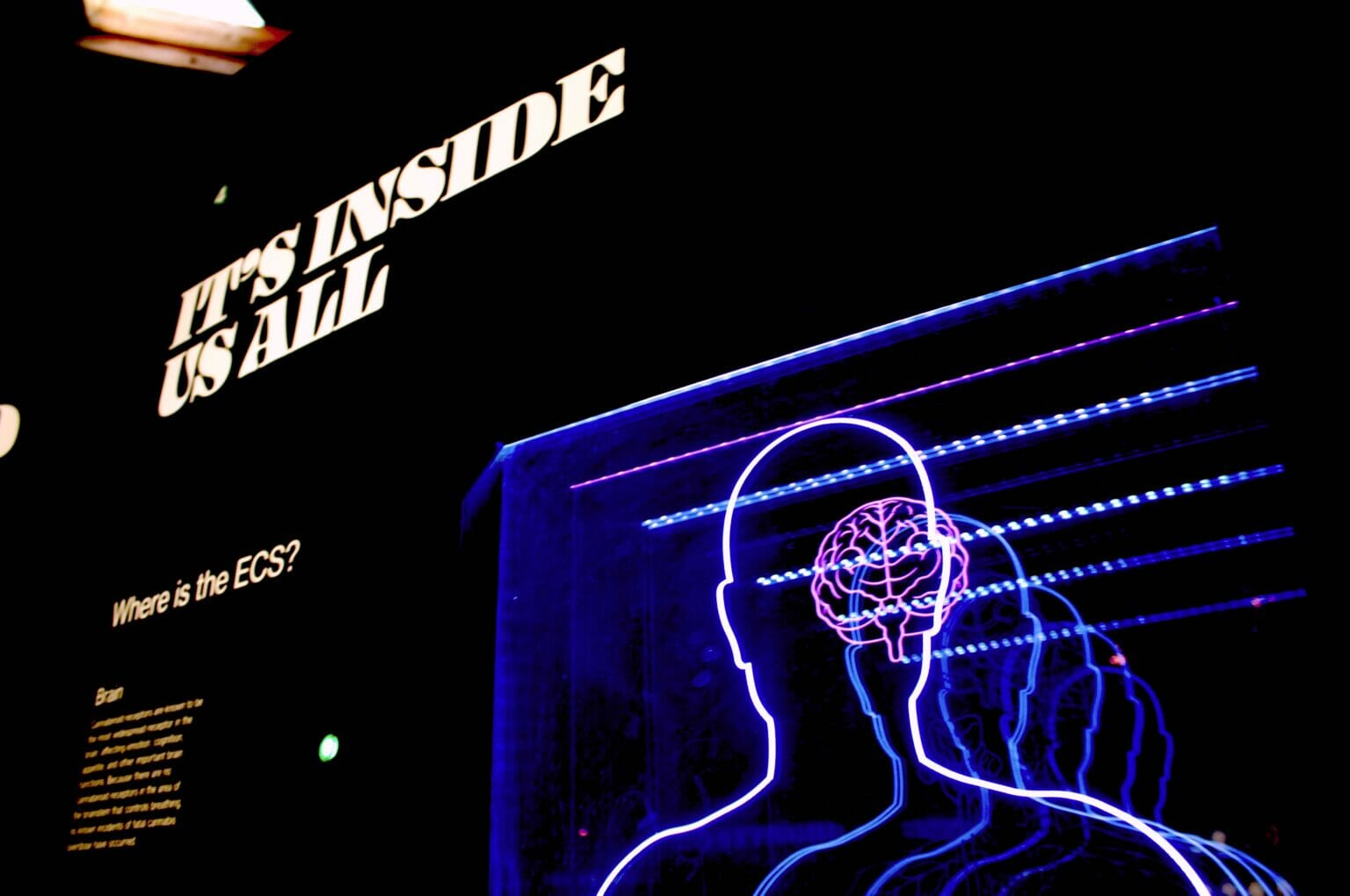According to Meta, the hype surrounding artificial intelligence has exceeded its actual capabilities.
According to Nick Clegg, the President of Global Affairs at Meta, current artificial intelligence (AI) models could be more intelligent. They are far from powerful enough to pose any significant threat to humanity.
Nick Clegg, the former deputy prime minister of the United Kingdom, who joined Meta (Facebook’s parent company) in 2018, stated on BBC Radio 4 that concerns about the potential problems of artificial intelligence have been exaggerated compared to the actual progress made in the technology.
During a discussion about Meta’s open-source Llama 2 language model, also known as a ‘chatbot’, Clegg mentioned that the concerns about AI that we often hear about are actually about models that do not yet exist.
According to Clegg, the idea of AI developing its autonomy and agency is not possible. He also mentioned that the open-sourced models are far from achieving that capability. According to reports, they are considered relatively unintelligent in various aspects.

Clegg’s remarks follow Mark Zuckerberg’s announcement that a commercial version of the Llama 2 language model will soon be available online at no cost, providing tech startups and other companies a budget-friendly option compared to Open AI’s ChatGPT and Google’s Bard.
The rise of artificial intelligence language models has raised concerns about the spread of false information online. There are concerns about how it could affect employment in specific industries.
Geoffrey Hinton, a former Google engineer known as the ‘Godfather of AI’, recently expressed concerns about the development of artificial intelligence. He believes technology is being created in a way that may only benefit some.
Prominent tech figures like Elon Musk and Steve Wozniak joined other signatories in a letter earlier this year. The letter urged for strong and independent regulation of the artificial intelligence industry. Computer science expert Wendy Hall has criticised Meta’s decision to provide open-source blueprints for its language model. Hall compared it to giving people the template to build a nuclear bomb.
According to Clegg, releasing Llama 2 as an open-source technology will bring a collective intelligence advantage known as the “wisdom of crowds.” He believes this is better than relying on big technology companies to handle artificial intelligence.
